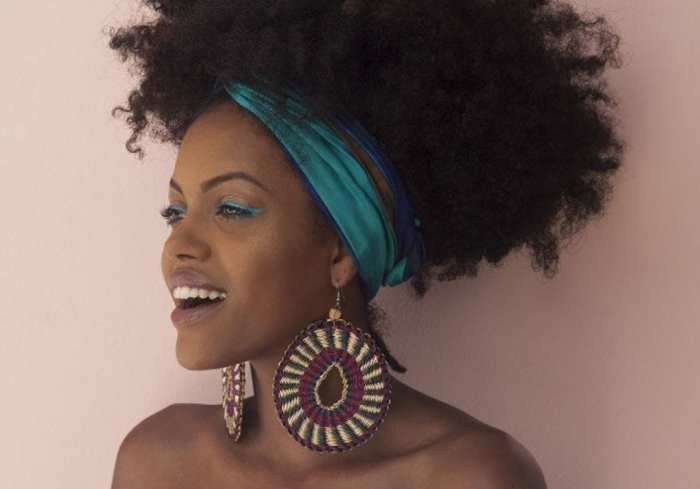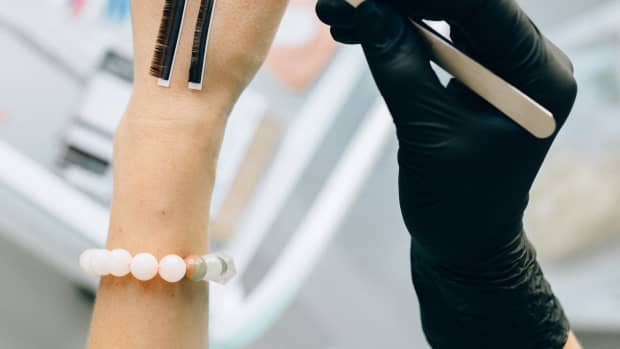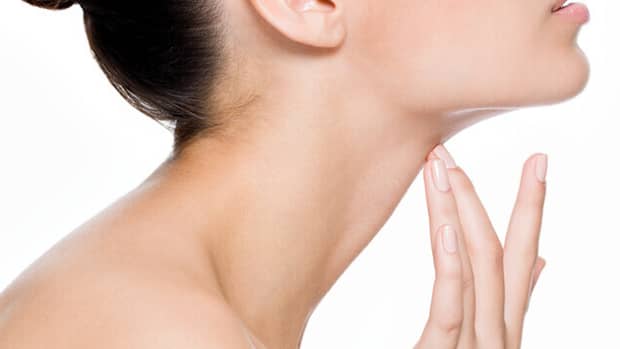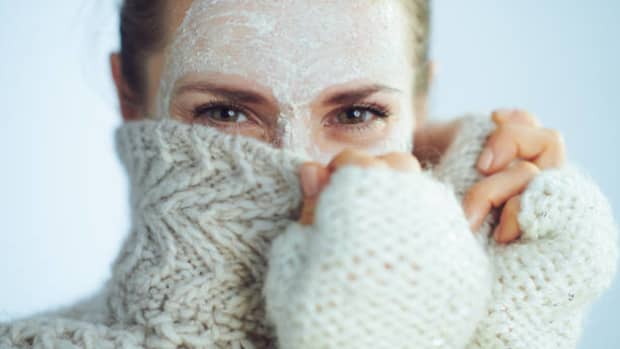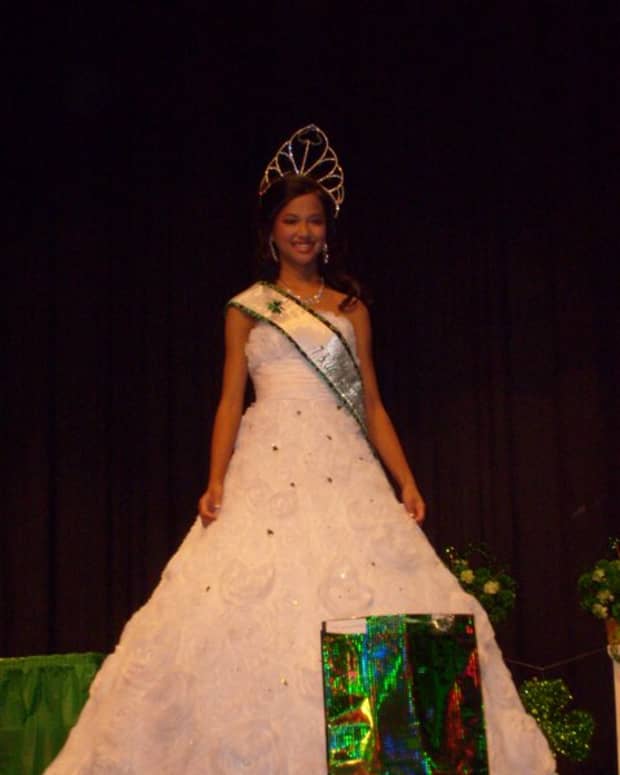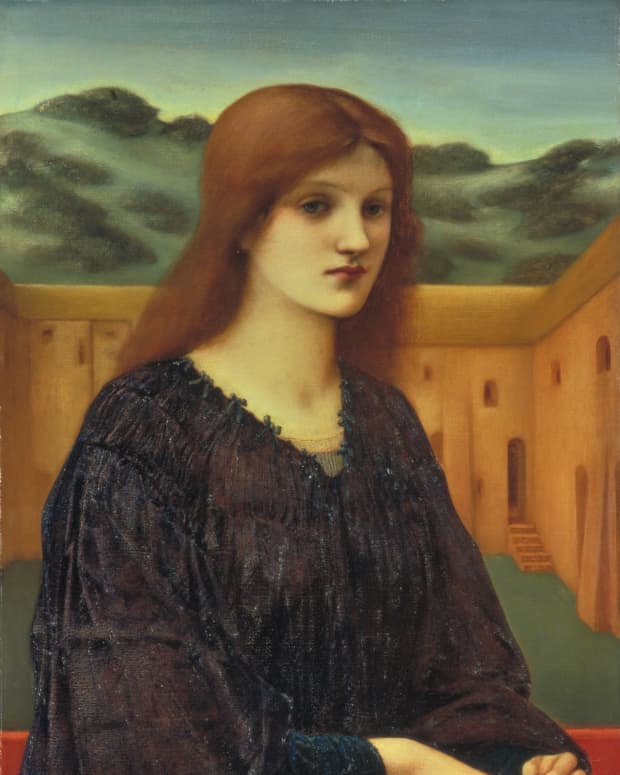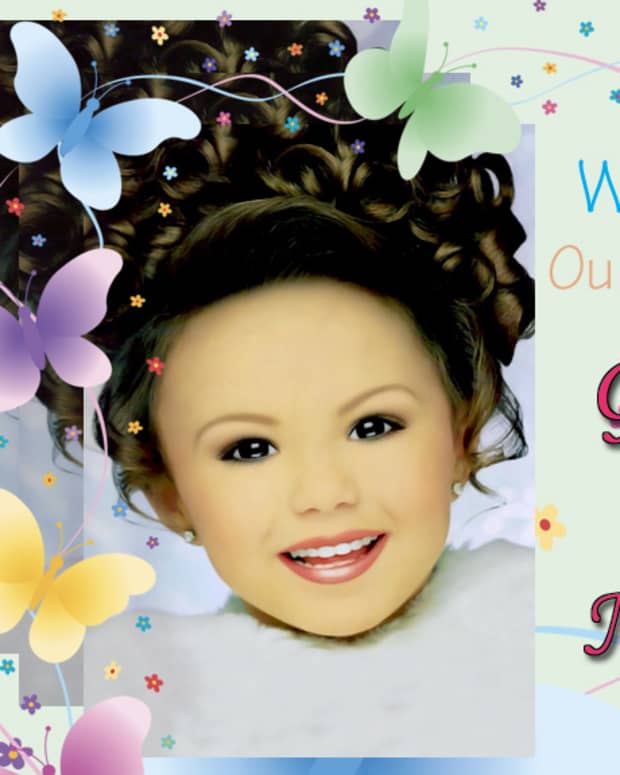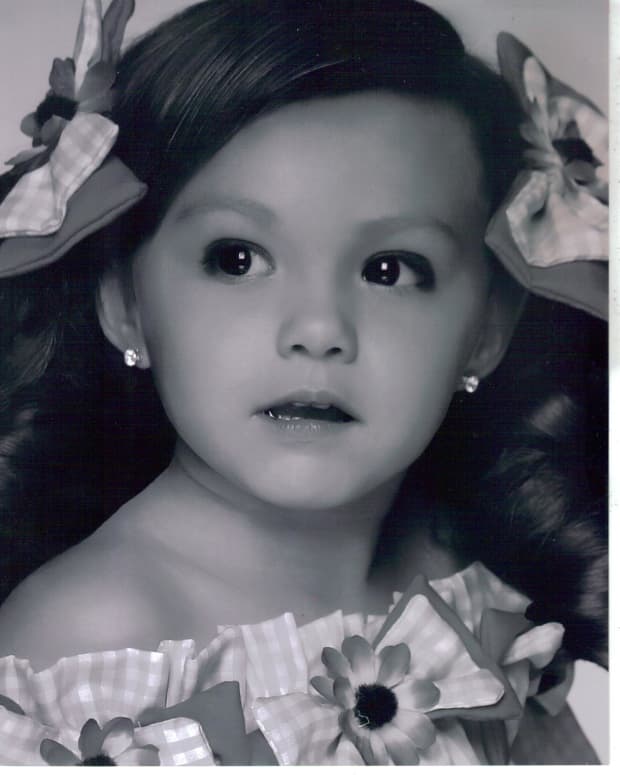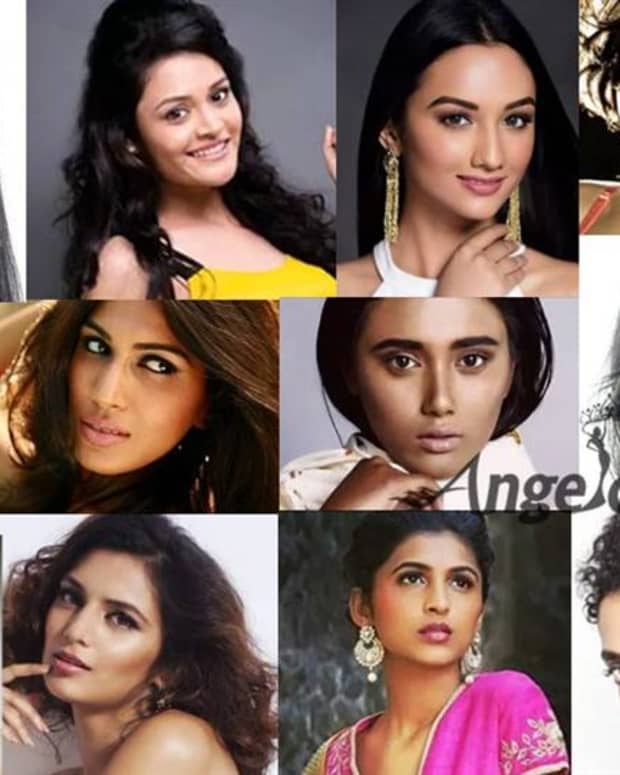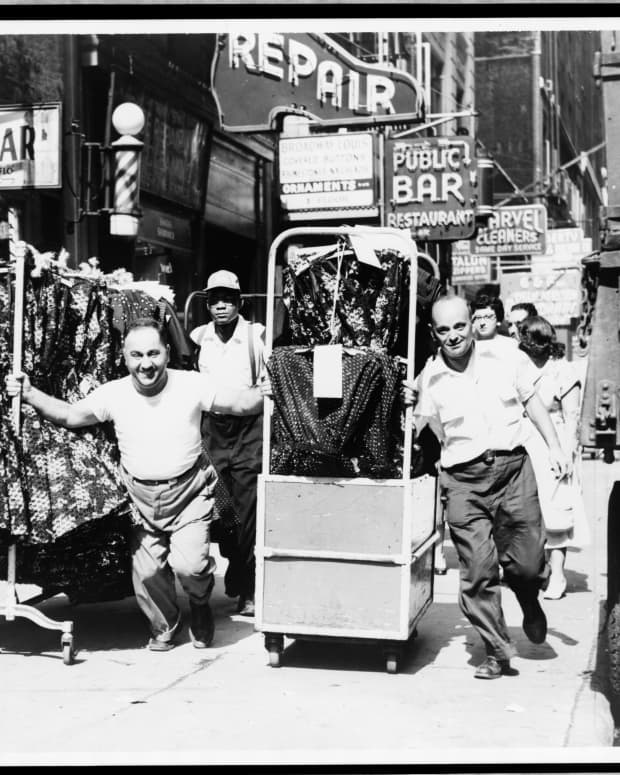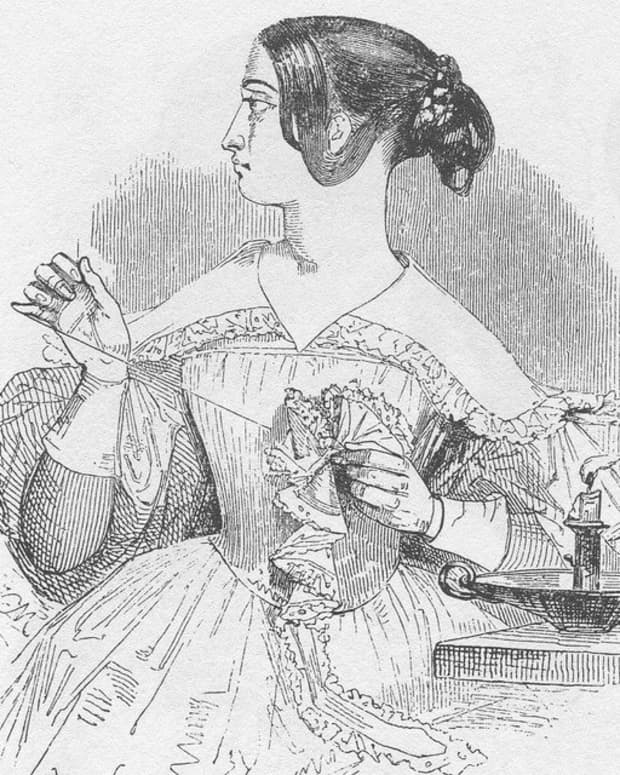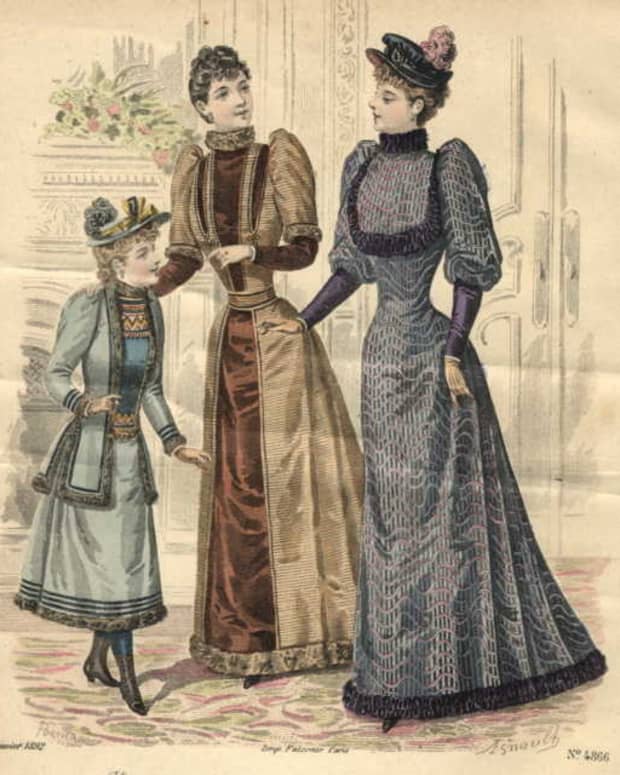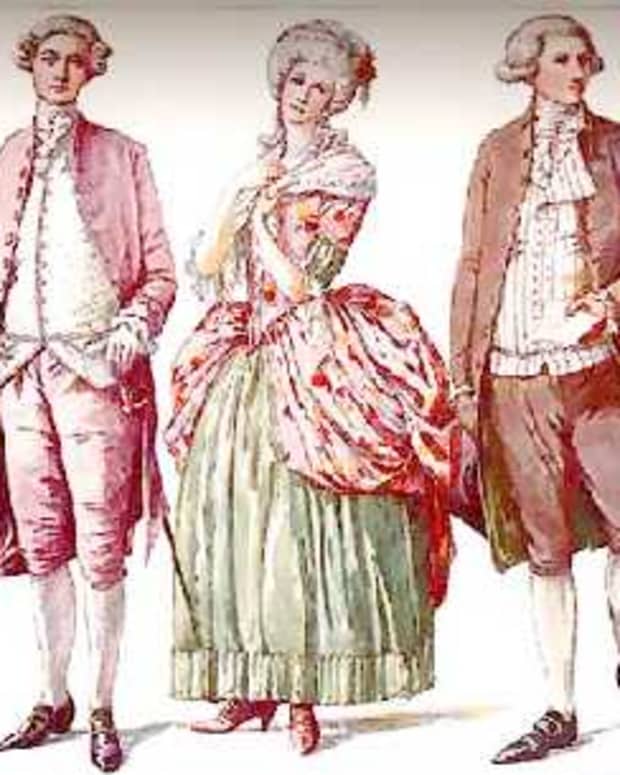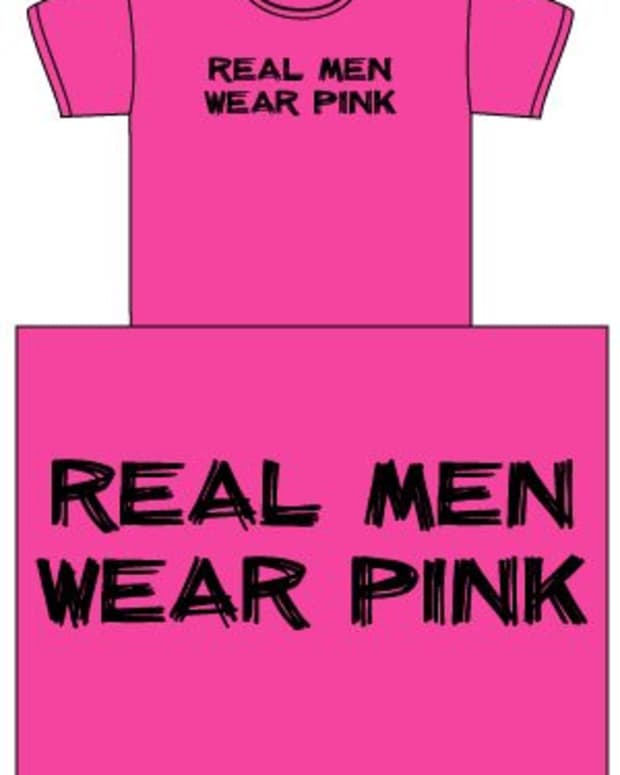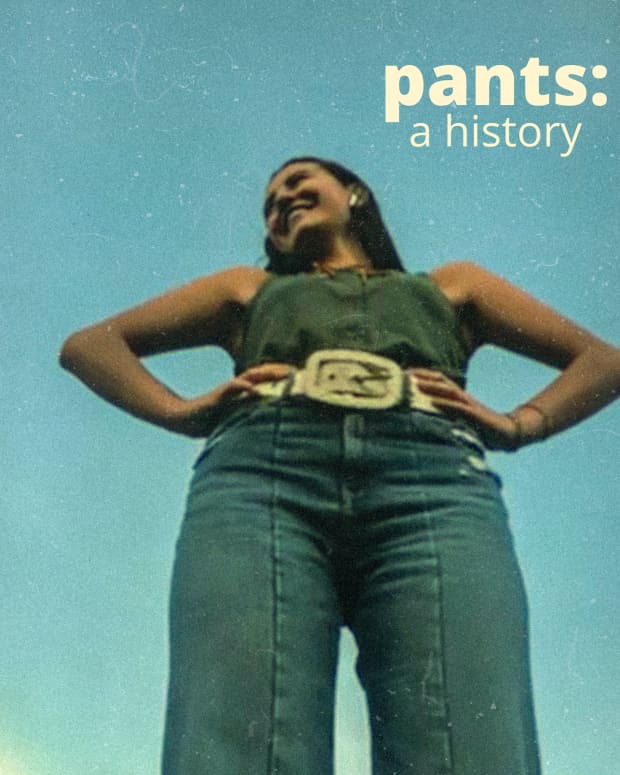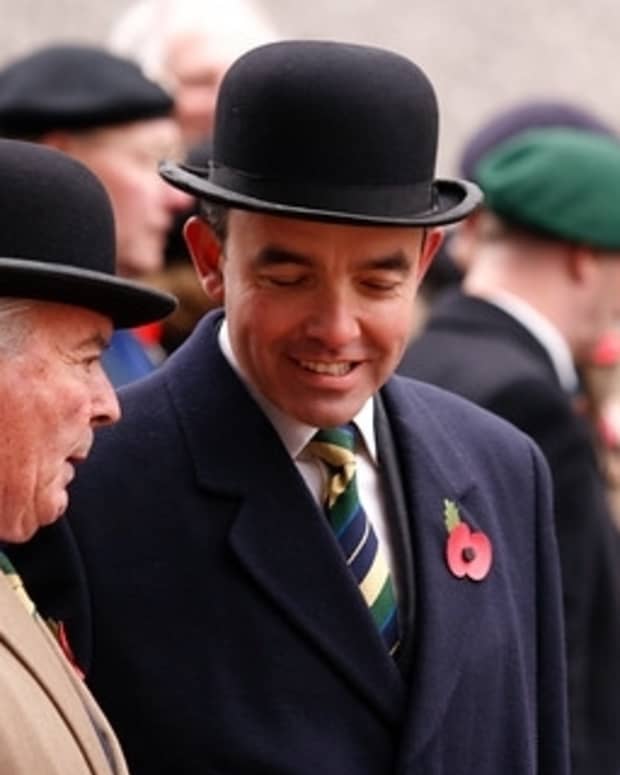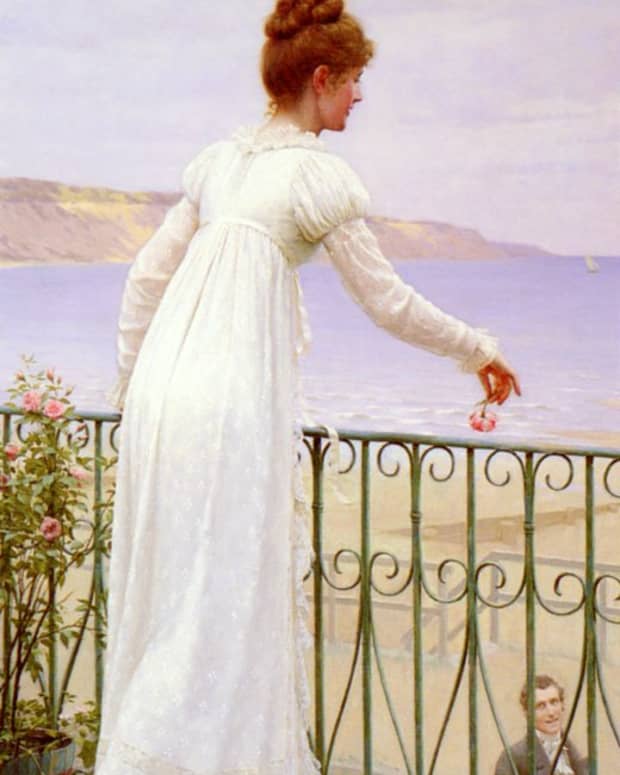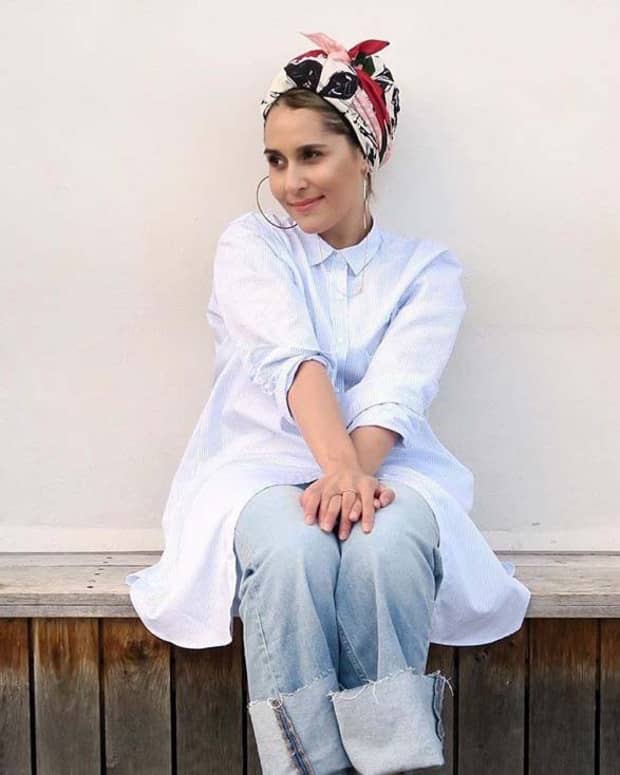A Redefinition of Beauty: One Caribbean Model's Journey to Self-Acceptance
Lauren likes to delve into relevant topics concerning the pressures of unrealistic beauty standards and lack of representation.
Redefining Beauty Standards
With the ever-growing pressure from the public to redefine beauty standards, it’s apparent that representation in the fashion industry is rapidly changing. This season of Caribbean’s Next Top Model has gained the recent attention of a large international audience. Rather than getting notoriety for their innovative photoshoots or inspiring talent of hopeful models, it’s becoming a talking point for acceptance (or lack thereof) of natural beauty.
The conflict occurred during "Make-Over Week," which is when the models head to the salon to receive a look chosen by the panel of judges, and more specifically, the host and head judge, former Miss Universe Wendy Fitzwilliam. Contestant Gabriella Bernard was devastated when she learned that the judges had chosen to have Bernard chemically straighten, or relax, her natural hair.
A relaxer is a cream, generally used by people with high porosity hair types, that makes hair easier to straighten by chemically "relaxing" the natural curls. The active agent is usually sodium hydroxide or "lye," which can cause chemical burns to the scalp, permanent scarring, and even hair loss. The end result is well worth the risks for many women, leaving their hair straighter and seemingly more in-line with broadly represented fashion trends. However, for many their tight, natural curls are a part of what makes them uniquely beautiful.
Bernard considered her natural hair an integral part of both her professional brand and identity, stating in an interview with Daily Express that embracing her natural hair had facilitated a new form of confidence and positive self-esteem. However, pressured by the show executives, Bernard was told that she could either relax her hair or be sent home to no longer participate in the competition.
Feeling that she had come too far and that this may be her only opportunity for the career that she desired, Gabriella Bernard consented to the change that day, which was a decision that she would later regret.
Read More From Bellatory
"You Need to Understand My Hair Is My Identity”
After the models received their makeovers, they were taken to a photo shoot to model their new looks for the judges. However, before Bernard was even judged on her photo Fitzwilliam took the opportunity to chastise her for the emotion she displayed in the salon. Fitzwilliam deemed the young model’s behavior “naughty” and “unprofessional.” This ignited a flurry of international response from women all over the world, criticizing Fitzwilliam for her rebuke as culturally tone-deaf.
Gabriella has since spoken to various media outlets, calling for an apology from the former pageant queen—a call that has gone unanswered. Bernard has once again begun to transition back to a natural hairstyle. The model will also be participating in the 2018 Tobago Film Festival, screening her documentary Black Hair, a 20 minute documentary about her experience on the show.
Fans were dismayed by Fitzwilliam’s response and soon the story began to strike a chord with women worldwide. Gabriella was a participant in what is known as the Natural Hair Movement. This is a movement, which gained heavy traction in the US around the early 2000s, which encourages women of African descent to keep their natural high-porosity, textured hair. The pillars of the movement are founded on embracing yourself as you are naturally, and rejecting the idea that you need to alter yourself to be deemed beautiful. With the ever-growing pressure from the public to redefine beauty standards, it’s apparent that the representation in the fashion industry is rapidly changing.

